Talentful Talks: What Can We Expect From This New Decade In 2020?
3 March 2020
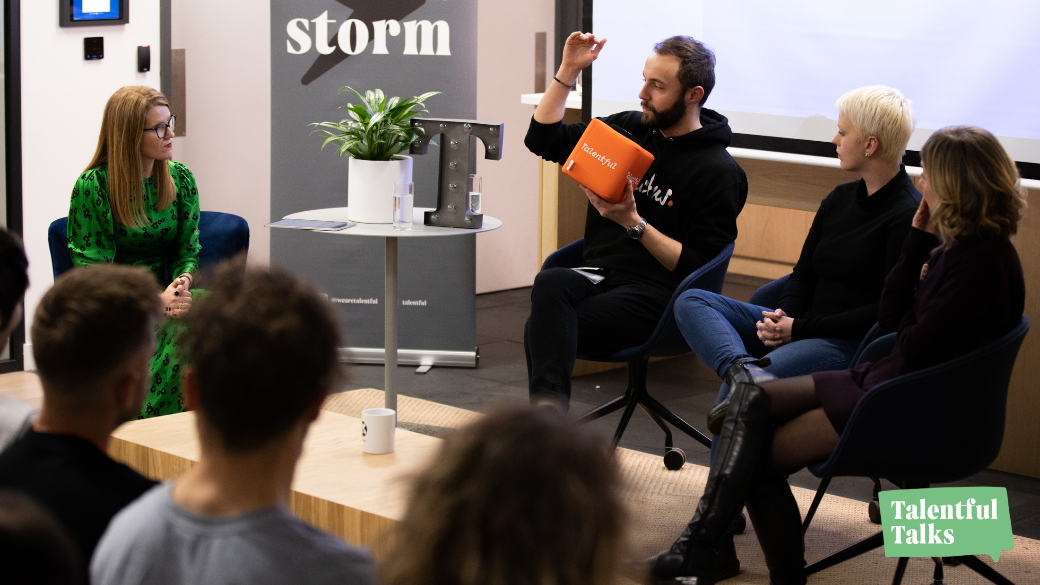
“If you want to future-proof your career, invest in your curiosity”.

At Talentful’s London HQ, on February 25, four speakers and more than 50 guests came together to discuss what 2020 (and beyond) holds for employees, talent acquisition teams and businesses alike.
The panelists shared expert insights on the future of work; covering automation, the need for flexibility and why it pays to enable people’s biggest dreams.
For those who didn’t make it, don’t worry, we’ve highlighted everything you need to know here.
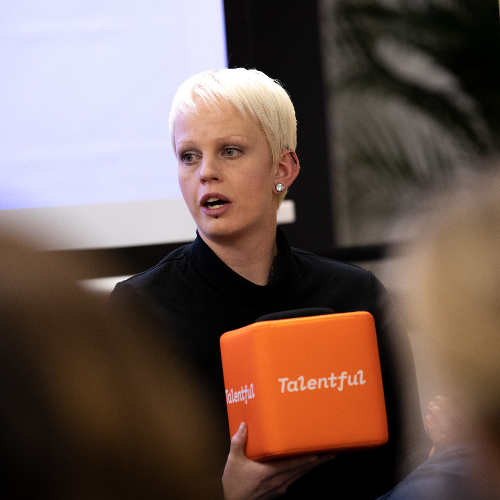
Be mindful of the human cost of automation
Our panel agreed that increased automation would pose significant challenges for many, if not all, businesses and employees.
How to make this work for you? “Embrace change,” said Ruth Penfold, People Person at BP Launchpad. “Humans have this magical power for reinvention. We need to nurture that ability and help build resilience.”
Don’t get carried away with the enthusiasm for change, however. Jennifer Chapman, Head of Talent Acquisition at Simply Business, stressed the need to consider the impact of automation on individuals and communities in less affluent areas.
“We need to be mindful that the technology we bring in might not always benefit the candidate,” Chapman said, giving the example of CV-sourcing tools and gamification in recruitment, which could negatively affect those who are non-neurotypical.
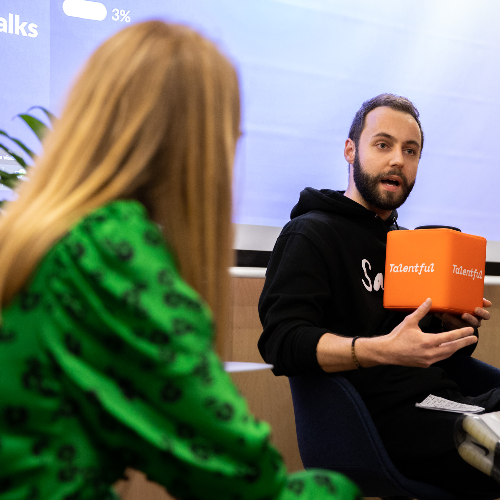
Give your people the flexibility to thrive
“Give your people what they need to be their best,” was the unanimous verdict from the panel. And their top-of-the-list requirement? Flexibility.
George Bell, Marketing Manager at Sanctus, explained how, as a start-up spotlighting mental health in the workplace, being fully open to flexible working brings its challenges.
“We went all-in on flexibility at the beginning,” Bell explained. “What we found, as a small team, is that this had an impact on the culture; it was quiet, it was boring, people didn’t want to come into the office. So we’ve had to lessen that flexibility a little, while we build the culture.”
Helen Tupper, CEO of Amazing If and co-author of The Squiggly Career, suggested employees might look to follow HSBC in introducing “reason agnostic” requests for flexible working. This change was implemented to stop any “judgment creeping in”, after finding that managers were more inclined to accept requests from employees with children than, say, someone working on a side hustle.
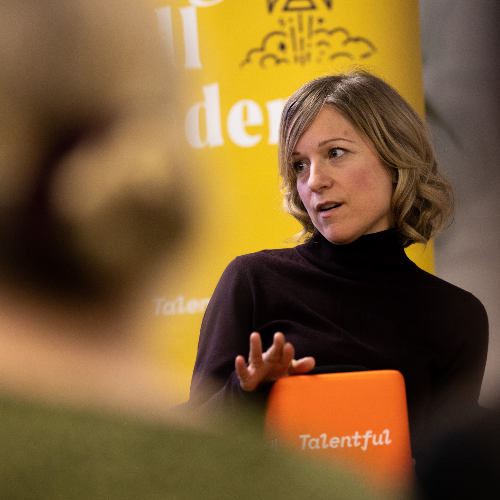
Foster a culture of inclusivity with remote workers
When it comes to creating a culture of inclusivity, especially when remote working is integral to the business, proactivity is required to — as Penfold calls it — “know your humans”.
“[It’s important to] care enough to learn about how other people like to work,” said Penfold. At BP Launchpad this is achieved through employee “About Me” pages, detailing how each individual likes to be contacted, the times they work and how they can best be supported.
Another way to cultivate good working relationships, Penfold suggests, is a Donut Slack channel, which encourages people to get to know each other better over coffee and cake. Or try summing up “your weekend in a Tweet”, to kick off a meeting with some personal sharing.
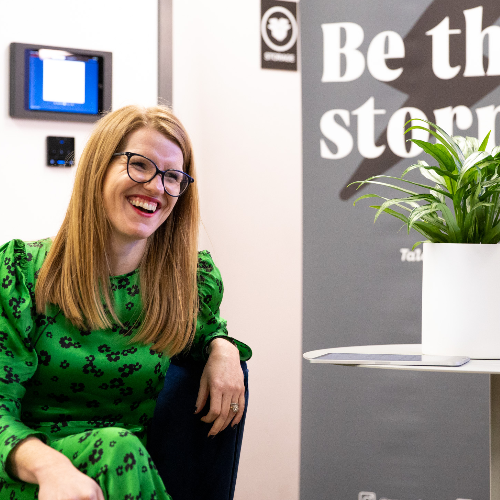
Embrace lifelong learning
Chapman said Simply Business aims to “enable big dreams” – identifying employee ambitions (both inside and outside of work) and providing the support needed to achieve them.
“[This allows] learning development, talent acquisition and inclusivity to join forces,” explained Chapman. It’s a way to help prep employees for future roles, in which skill-sets are yet to be defined.
When looking at the value of lifelong learning for both individuals and organizations, consider your three ‘E’s, advised Tupper: “Experience, exposure and education.”
“At work, 50 percent of your learning is experience-based,” Tupper explained. “25 percent is exposure (such as mentors, or networks). And 25 percent is education.” She highlighted that education isn’t necessarily about paying for a course, rather embracing activities such as skills sharing and TED Talks.
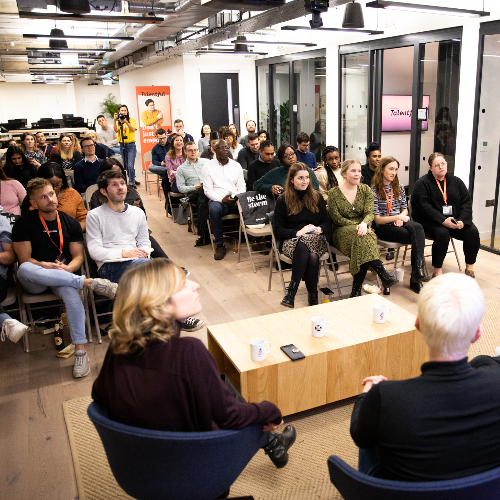
Stop hiring based on IQ, consider CQ
Instead of hiring a candidate based on their IQ or EQ (emotional intelligence), start thinking about CQ – how curious they are.
As new technology is fast making certain skills and knowledge redundant, companies – such as Microsoft – are implementing growth mindset interviews, which test a candidate’s capacity for lifelong learning.
It’s becoming increasingly important to invest in people who will learn for the future, over what they know today, said Tupper. “If you want to future-proof your career, invest in your curiosity.”



